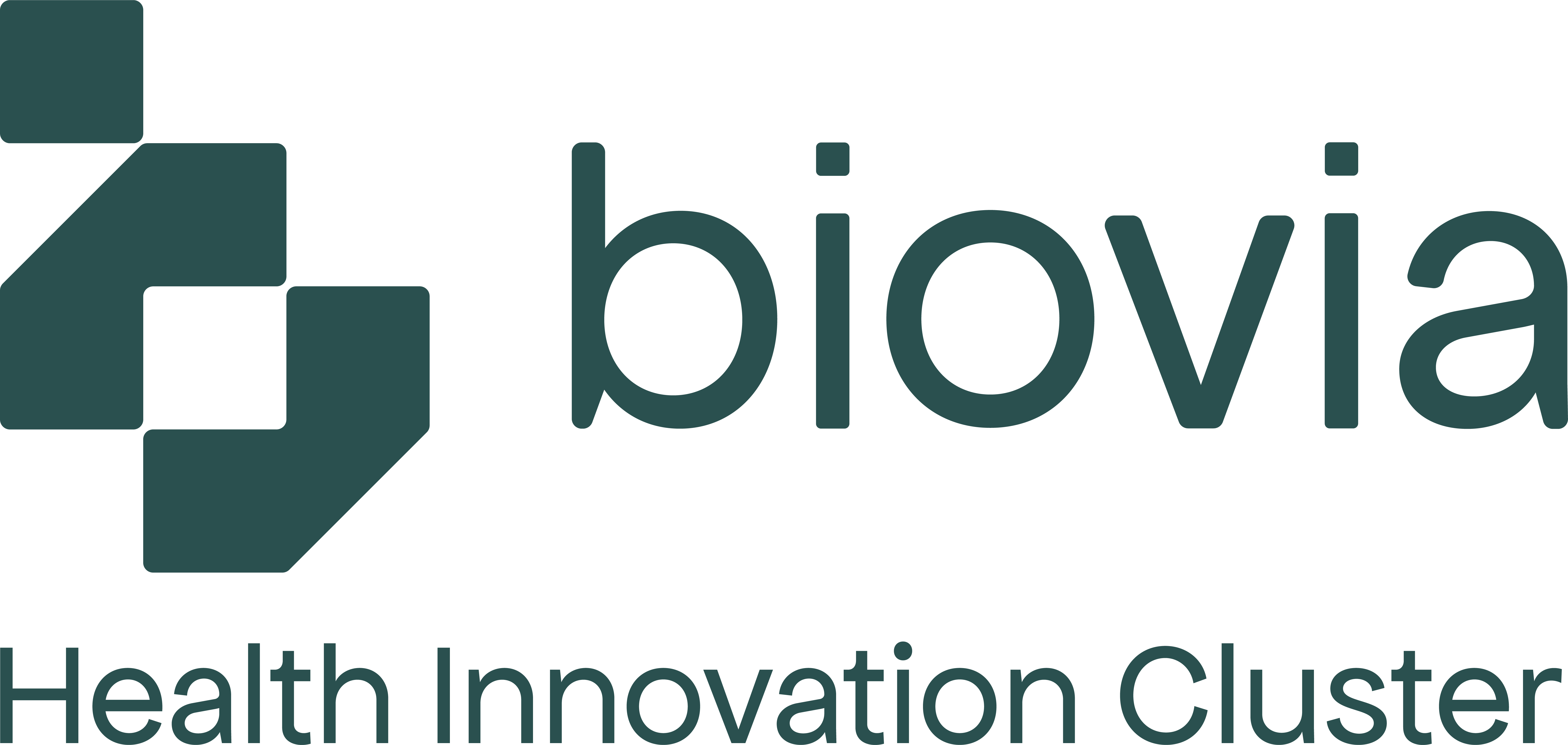Joint PhD position on developing genetic risk scores as biomarkers for neurological disorders
The Rademakers team and the Sleegers team at the VIB-UAntwerp Center for Molecular Neurology, Belgium are seeking a highly motivated PhD student to join a collaborative project focused on developing genetic risk scores as biomarkers for neurological disorders. The Rademakers lab leads cutting-edge research into risk genes and molecular mechanisms in Frontotemporal Dementia (FTD), while the Sleegers lab specializes in Alzheimer’s Disease (AD), both leveraging next-generation sequencing and innovative biostatistical approaches.
About the project
FTD and AD are devastating neurodegenerative diseases. AD is the most common cause of dementia, characterized by progressive decline in memory, thinking, and reasoning. FTD accounts for 10–20% of all dementias and is particularly impactful due to its early onset (typically between ages 50–60) and its profound effects on personality, insight, and language. Although both diseases are defined by the aggregation of specific pathological proteins in a patients’ brain, molecular diagnosis during life remains challenging due to the lack of reliable biomarkers for in vivo assessment. Moreover, post-mortem studies have revealed significant molecular heterogeneity, suggesting the existence of distinct neuropathological subtypes within each disease. Stratifying patients into biologically and clinically meaningful subgroups is expected to improve diagnosis, disease management, and therapeutic development.
The collaborative PhD project, co-hosted by the Rademakers and Sleegers labs, focuses on the development of innovative genetic risk scores to predict the most likely underlying neuropathological subtypes in FTD and AD patients. The project will make use of genetic information from the largest FTD and AD patient-control cohorts, including neuropathologically well-characterized patient subgroups. The project will further leverage large publicly available and in-house generated single nuclei RNA sequencing dataset from human brain tissue of patients and controls to perform expression and splicing transcriptome-wide association studies (TWAS). Combined, these studies will 1) identify key dysregulated pathways in AD and FTD subgroups within specific cell types; and 2) inform variant selection for the development of disease subtype specific genetic scores.
Your profile
We seek a highly motivated, enthusiastic, and creative individual to join our team. The candidate should have a strong interest in biostatistics and genetics.
Essential:
- Master’s Degree in biochemistry, biomedical sciences, bioinformatics, (bio)statistics, bioengineering, computer science, related disciplines or equivalent through experience
- Proficient in verbal and written English.
- Ability to summarize data extracted from literature and to define research objectives.
- Passionate about science, critically-thinking, self-motivated, flexible, and enjoys working in a team
Desirable but not required:
- Programming experience, preferably in Python or R, and experience in the Linux environment
- Experience with large-scale data analysis, such as genomics or transcriptomics data
- Experience with a workflow management system such as Snakemake or Nextflow
- A willingness to learn and apply machine learning approaches
We offer
- A doctoral scholarship for a period of 1 year to start, with the possibility of renewal for a further three-year period after positive evaluations
- The applicant will be expected to actively seek independent funding and will be fully assisted in applying for personal fellowships, such as FWO. Please do check eligibility criteria prior to applying for this position.
- Access to state-of-the-art facilities and training in advanced techniques.
- Opportunities for career development, networking, and mentorship.
- Support for presenting at international conferences and publishing in peer-reviewed journals.
- Your monthly scholarship amount is calculated according to the scholarship amounts for doctoral scholarship holders
- You will receive ecocheques, Internet-connectivity allowance and a bicycle allowance or a full reimbursement of public transport costs for commuting.
- You will do your work at Campus Drie Eiken in a dynamic and stimulating working environment.
Starting date: as soon as possible
How to apply
Submit your application through the online application tool and be sure to include:
- a detailed CV incl. a list of previous experience
- a letter of motivation explaining why you are interested in our work and aspire this PhD position
- the names and contact details of 3 references
For more information about the position, please contact:
julia.faurallorens@uantwerpen.be
For more information about our research center:
